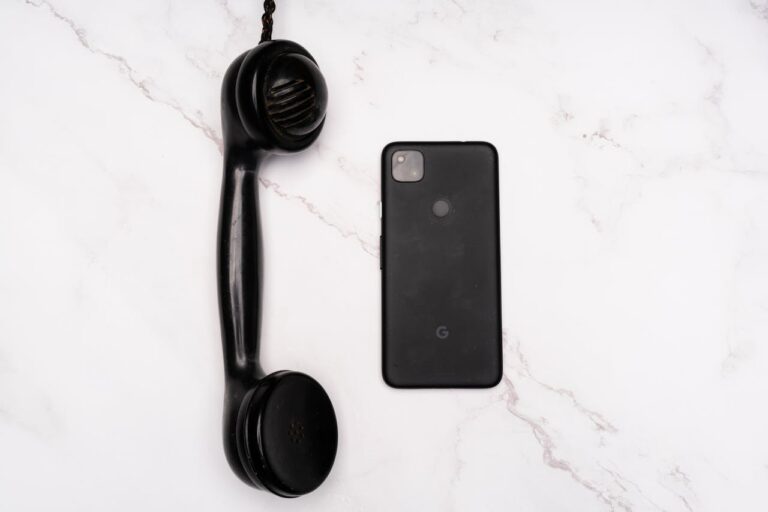The Trump Organization recently announced its new business venture, Trump Mobile. The press release advertised “a transformational, new cellular service designed to deliver top-tier connectivity, unbeatable value and all-American service for our nation’s hardest-working people.” The website claims the service will have the “same coverage as the 3 nationwide phone service carriers.”
If you are wondering how a brand-new wireless carrier could offer such broad coverage, it’s because the company is an MVNO. Let’s talk about what that business model means.
MVNO means what?
MVNO stands for mobile virtual network operator. These companies lease excess wireless capacity at wholesale prices from third-party mobile network operators, such as T-Mobile, Verizon, and AT&T, and resell it to consumers under their own brand. Selling excess capacity allows operators to generate additional revenue (similar to renting out a spare room when you have no guests that month), get reimbursed for their infrastructure investments, and allows MVNOs to tap into an existing infrastructure that they don’t have to maintain.
This allows MVNOs to offer reduced rates to customers because they have virtually no overhead costs in comparison to network operators. MVNOs don’t have to construct or maintain cell towers, nor do they have to pay for radio frequency spectrum licenses. Additionally, MVNOs tend not to offer additional services, such as access to streaming services or interest-free loans for new phones, which allows them to keep their costs low. Instead, MVNOs are able to focus their efforts on marketing to gain market share and customer service to keep customers happy. Consumer surveys show that smaller mobile companies consistently beat out T-Mobile, Verizon, and AT&T for perceived value and customer support.
It is important to know that MVNOs can’t truly promise the same high-speed data plans as the operators they lease their service from because those companies ensure data prioritization to their own customers through quality of service policies when network traffic gets heavy. However, as several consumer reporters have noted, the majority of customers are unlikely to notice if there are intermittent slow data speeds in their day-to-day usage.
The business model of MVNOs itself isn’t new, but the ability for new brands to launch an MVNO with ease has made it so that a string of celebrities and brands are seizing on the opportunity to enter the space.
The latest in influencer marketing
Virgin Mobile was the first mass-market MVNO, founded in 1999 by Richard Branson’s Virgin Group in the United Kingdom. Branson believed the existing market for mobile service was a “scam” that was “bamboozling and short-changing” customers. It wasn’t long before other MVNOs began popping up all over the world.
A few weeks ago, actors Jason Bateman, Sean Hayes, and Will Arnett, the voices behind the popular podcast SmartLess, launched their own wireless service, SmartLess Mobile. Similar to Branson, the three founders state they want to challenge the industry norm. They claim their service will be “direct-to-consumer, data-sane, and refreshingly BS-free” and is built on the premise that “Less is smart.” They aren’t the only actors that have jumped into the MVNO market. In 2019, Ryan Reynolds purchased an ownership stake in Mint Mobile, which has since been sold to T-Mobile.
The SmartLess founders believe that an MVNO is the logical next step to their business as their podcast currently “reaches millions of listeners each month, almost all of whom listen on their phones.” Other businesses have also seen wireless services as their latest business venture and an extension of their brand. For example, Walmart has its own MVNO, Bait, in Mexico, while AC Milan became the first football club to create a mobile SIM card for its fans in 2023 with AC Milan Connect.







